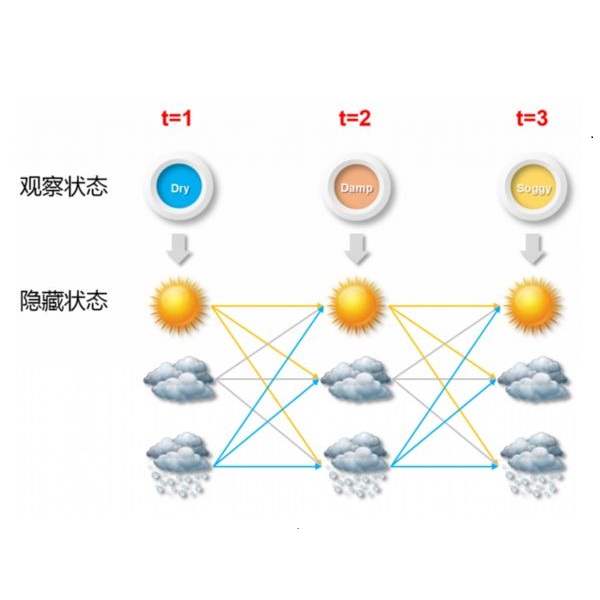Spurred in part by the ever-growing number of sensors and web-based methods of collecting data, the use of Intensive Longitudinal Data (ILD) is becoming more common in the social and behavioural sciences. The ILD collected in this field are often hypothesised to be the result of latent states (e.g. behaviour, emotions), and the promise of ILD lies in its ability to capture the dynamics of these states as they unfold in time. In particular, by collecting data for multiple subjects, researchers can observe how such dynamics differ between subjects. The Bayesian Multilevel Hidden Markov Model (mHMM) is a relatively novel model that is suited to model the ILD of this kind while taking into account heterogeneity between subjects. While the mHMM has been applied in a variety of settings, large-scale studies that examine the required sample size for this model are lacking. In this paper, we address this research gap by conducting a simulation study to evaluate the effect of changing (1) the number of subjects, (2) the number of occasions, and (3) the between subjects variability on parameter estimates obtained by the mHMM. We frame this simulation study in the context of sleep research, which consists of multivariate continuous data that displays considerable overlap in the state dependent component distributions. In addition, we generate a set of baseline scenarios with more general data properties. Overall, the number of subjects has the largest effect on model performance. However, the number of occasions is important to adequately model latent state transitions. We discuss how the characteristics of the data influence parameter estimation and provide recommendations to researchers seeking to apply the mHMM to their own data.
翻译:由于传感器和网络收集数据的方法越来越多,因此,在社会和行为科学中,使用密集纵向数据(ILD)越来越普遍。在这一领域收集的ILD往往被假设为潜伏状态(例如行为、情绪)的结果,而ILD的许诺在于它能够随着这些状态的逐步发展而捕捉这些状态的动态。特别是,通过收集多个主题的数据,研究人员可以观察这些动态在主题之间有何差异。Bayesian多层次隐藏马尔科夫模型(MHMM)是一个比较新颖的模式,适合于模拟这种类型的ILD特性,同时考虑到不同主题之间的异质性。虽然在这一领域收集的ILD数据往往被应用于各种环境,但是缺乏大规模研究来审查这种模式所需的样本大小。在本文中,我们通过模拟研究来弥补这一研究差距,以评价模式(1) 主题数目的变化效果 (1) 、(2) 事件次数和(3) 寻求对 mHMMM获得的参数估计对象之间的变异性。我们在模拟研究中充分讨论了MMMMM的变异性, 将这一模型的模型中的大部分数据与基本性数据进行模拟分析,但是,我们所分析的模型的模型的模型的模型的变异性是其基本数据包含的模型的模型的模型的模型的模型的模型分析。
相关内容
Source: Apple - iOS 8





